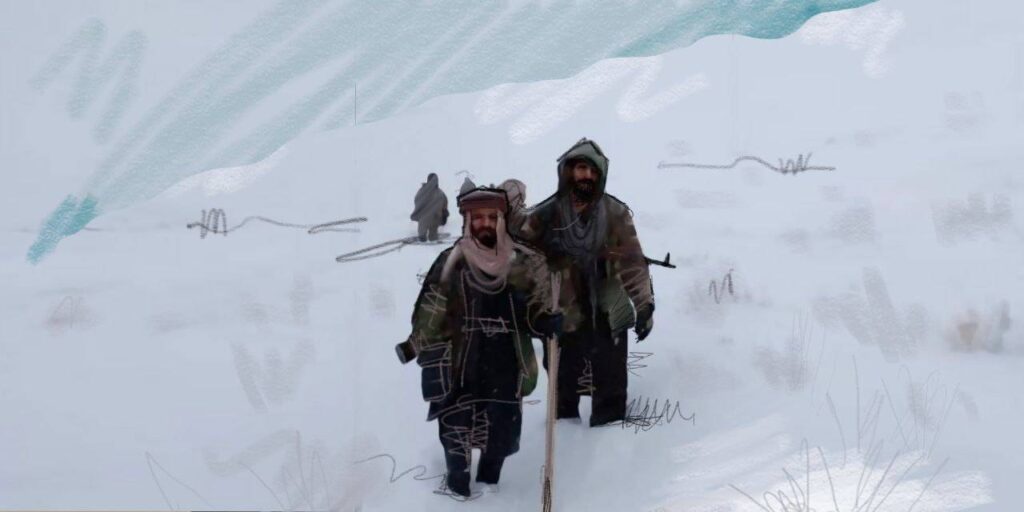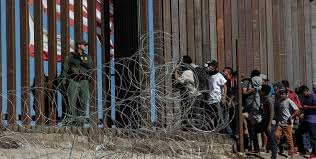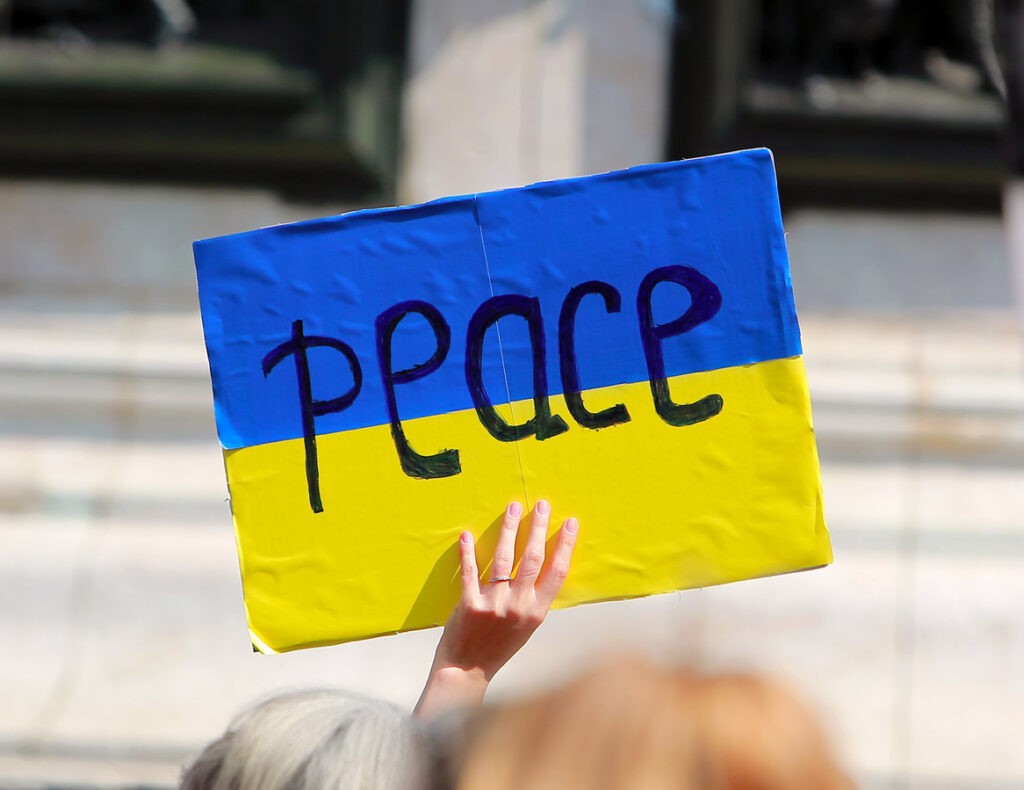KABUL (TCA) — An Afghan media watchdog says that 2017 was the “bloodiest” year ever for journalists and other media personnel working in Afghanistan, with the Taliban and Islamic State (IS) militant groups being blamed for much of the violence, RFE/RL reported.
The Afghan Journalists Safety Committee (AJSC) said in a report released on January 11 that 20 journalists and media workers were killed last year, an increase from 13 deaths in 2016.
The group said there were 169 reported cases of violence and threats against journalists on the job, with 12 of them directed toward female media workers. In 2016, AJSC documented 101 such cases.
The report said “terrorist groups” such as the Taliban and IS were responsible for “all cases of the killings of journalists.” The Taliban was blamed for the deaths of 18 journalists, while IS was blamed for two.
“An unprecedented increase in threats and violence against journalists has created serious concern about the survival of freedoms of expression and press,” the Kabul-based AJSC said in its regular six-month report.
“Because freedom of expression, freedom of press, and media pluralism are among the country’s most important achievements in the past 16 years, the threat to media is considered a threat to the country’s overall progress,” added the group, which describes itself as an independent, nonprofit organization supporting press freedom in Afghanistan.
The report also blamed government workers for some of the attacks on the press, saying they are responsible for 34 percent of the “violence and intimidation against journalists.”
Along with direct violence, the report cited examples of intimidation against media outlets by the Taliban and IS, leading to situations of “self-censorship.”
It said that in “insecure provinces” such as Ghazni, Logar, and Pakitia, the extremist groups have forced the media to avoid broadcasting and printing content that includes “female songs, music, promotional ads of security forces, and ads related to the peace process.”









